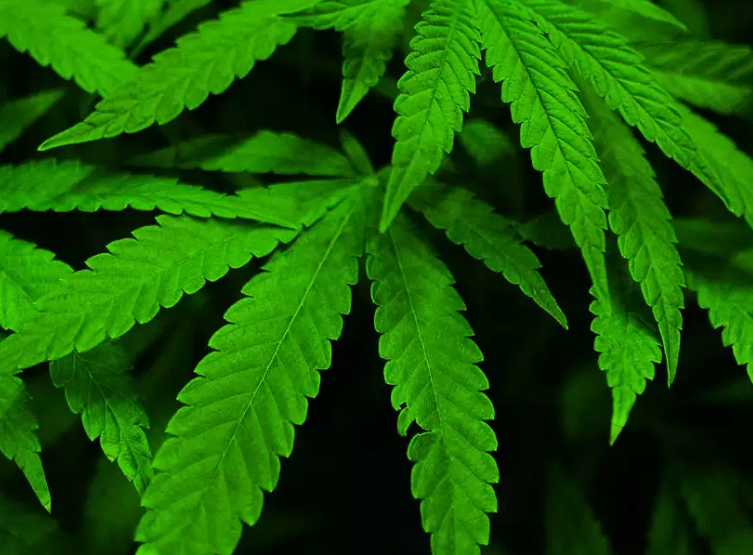Nebraska’s push for medical cannabis just hit a wall of restrictions that could crush patient hopes. State officials voted to ban popular forms like flowers and edibles while slashing the number of business licenses, ignoring what voters demanded last year. This move has advocates fuming, and it’s not over yet.
Commission Slashes Options for Patients
The Nebraska Medical Cannabis Commission made a bold decision on Tuesday. They approved rules that ban cannabis flower and edibles, two of the most common ways patients use medical marijuana. This leaves folks with fewer choices, like tinctures or capsules, but nothing they can smoke or eat.
These restrictions go against the spirit of the 2024 voter-approved law, which aimed to give sick Nebraskans safe access to cannabis for relief from pain, seizures, and other issues.
Advocates point out that flowers and edibles are often the easiest and most effective for many users. Without them, patients might turn to riskier black-market options or suffer without help.
One commissioner argued the bans protect public health by avoiding smoking risks. But critics say it’s just a way to water down the program before it even starts.

License Limits Squeeze Business Hopes
Business dreams in Nebraska’s new medical cannabis market are getting smaller. The commission set a cap at just four cultivators statewide, meaning only a handful of growers can supply the whole state. Dispensaries are limited to 12, spread thin across Nebraska’s vast rural areas.
This tight control could drive up prices and limit access, especially in small towns far from big cities.
Entrepreneurs who waited for this moment now face slim odds. With applications due soon, only the best-funded might win out.
Here’s a quick look at the key limits:
- Cultivators: Maximum of 4 licenses
- Dispensaries: No more than 12 statewide
- Product types: Banned items include flowers, edibles, and vaping products
These caps come as the state rushes to meet an October 1 deadline for first approvals. Without more spots, experts worry the market won’t meet demand.
Advocates Cry Foul Over Voter Will
Voters spoke loud and clear in 2024, passing a ballot measure for medical cannabis after years of fights. But now, leaders like Gov. Jim Pillen, a Republican who opposes the program, hold the final say. He must sign off on these rules, and his track record suggests he might.
Crista Eggers, head of Nebraskans for Medical Marijuana, didn’t hold back. She called the changes a shredding of what people wanted. “They didn’t just ignore the will of the voters,” she said. “They shredded it.”
By piling on barriers and restricting forms of cannabis, they’re dismantling what the ballot box demanded.
Public meetings drew crowds angry about the shifts. One patient shared how edibles helped her chronic pain without harsh side effects from pills. Stories like hers highlight the human cost.
The commission claims they’re following the law’s intent to keep things safe and controlled. Yet data from other states shows that open markets with more options lead to better patient outcomes. For instance, a 2023 study by the American Journal of Public Health found that states with fewer restrictions saw 20% higher patient satisfaction rates. Researchers from the University of Colorado conducted that work, surveying over 5,000 users.
Timeline and Next Steps in the Fight
The clock is ticking. The commission adopted these emergency rules to hit the October 1 deadline for license applications. But nothing’s set until Gov. Pillen approves them, which could happen any day.
If signed, businesses can apply soon, but the limits mean fierce competition. Rejected applicants might sue, arguing the rules twist the original law.
Looking back, Nebraska’s path to medical cannabis has been rocky. Failed ballot attempts in 2020 and 2022 paved the way for last year’s win. Now, with these curbs, the program risks becoming one of the nation’s most restrictive.
A recent report from Marijuana Policy Project, released in July 2025, warns that such tight rules in states like Nebraska could cut patient enrollment by up to 40%. That group analyzed data from 15 states over five years.
Patients and business owners are watching closely. Some plan rallies to pressure the governor.
Broader Impact on Health and Economy
These rules don’t just affect users; they ripple through Nebraska’s economy. Fewer licenses mean fewer jobs in growing, processing, and selling. Estimates from a 2025 economic study by the Nebraska Chamber of Commerce suggest a full program could add 1,500 jobs and $50 million in revenue yearly. But with caps, those numbers drop sharply.
Health-wise, bans on flowers and edibles might push patients toward opioids or other drugs. The Centers for Disease Control and Prevention reported in 2024 that states with medical cannabis saw a 25% drop in opioid overdoses. That data came from tracking prescriptions from 2010 to 2022.
Rural areas suffer most. With dispensaries limited, a farmer in western Nebraska might drive hours for medicine.
One local doctor, speaking anonymously, said the restrictions ignore science. “Cannabis flower has helped my patients with nausea from chemo,” he noted. “Banning it feels like politics over people.”
As Nebraska navigates this, other states watch. Places like South Dakota loosened rules after similar voter pushes, leading to thriving programs.
